A common misconception that a lot of our patients at The Toronto Hair Transplant Clinic have is that once they get a hair transplant, they will no longer lose hair. This could not be any further from the truth!
With any hair restoration plan, it is important to pay just as much attention to stopping any further hair loss as you do to the strategy for your hair transplant. Hair loss is very unpredictable. Even though it affects almost 80% of the world’s population in some way, it affects each person at a different rate of loss. Some people can go bald by their early 20s, while others may have a full head of hair until 40 and be completely bald 5 years later. Some are fortunate enough to go through life with a very minimal, slow rate of loss. The one thing that we do know for sure though is that if you do have a form of androgenic alopecia, you will continue to lose hair . . . unless you do something about it!
Hair transplant
The hairs that are used in a hair transplant will be permanent hairs, and you will not have to take many precautions to ensure their survival. These follicles are taken from the areas of the scalp that are immune to the hormone called DHT (dihydrotestosterone) that causes hair to fall out. This area is the back and sides of the head. This is why people who have advanced hair loss are always left with a “horseshoe” or “cul-de-sac” look. Although these hairs are permanent, it does not mean that they have any effect on the hairs on the top of the scalp that are not immune to DHT. So it is important to take steps to slow down any further hair loss for as long as possible.
How do I slow down my hair loss?
Well, that is a great question! Here is what we know works.
Finasteride (Propecia or Proscar)
Propecia is the go-to medication that is most commonly prescribed as a hair loss treatment all over the world. It is a 1-mg tablet that is taken orally on a daily basis.
Finasteride works by reducing the conversion of testosterone to DHT by blocking the 5-alpha reductase that causes the conversion. Studies have shown that by taking 1 mg of finasteride per day, a patient lowers the DHT levels in the body by 70% or more. This is one of the most effective treatments for slowing hair loss.
Minoxidil (Rogaine)
Rogaine works by reversing the effects of miniaturization. A hair strand begins to lose thickness and eventually becomes a wisp before falling out. Minoxidil reverses this progression called miniaturization and stops hair from becoming tiny little wisps and falling out. Just like everything else besides a hair transplant, Rogaine does NOT cause hair to grow back, but it will keep the hair that you do have around for a lot longer.
The bottom line is that it is very important to discuss an entire hair restoration plan with your doctor at your initial consultation.





